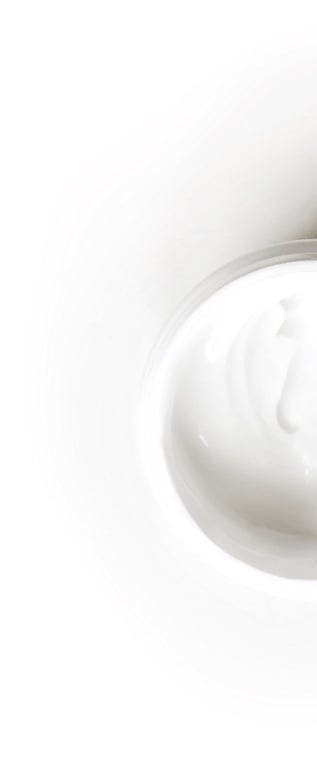Pimples, blackheads, whiteheads and cysts are all collectively known as acne. Acne is a common skin issue for many people and usually affects your face, upper back, shoulders and chest. It usually begins during puberty.
Some people may only have mild acne while for others it’s a persistent problem that can be frustrating to manage. Sometimes acne can cause scarring.

Acne is caused by the overproduction of oil (sebum), usually caused by hormonal changes during puberty. Excess oil production causes your pores to become blocked with oil and dead skin cells. Bacteria can become trapped, causing acne.
Some medications can also make acne worse and females may find it gets worse closer to their periods or during pregnancy. Sometimes acne is due to underlying health conditions such as polycystic ovarian syndrome or hypothyroidism.
Acne is most common in teenagers due to hormonal changes, but it can occur at any age. Acne can also be heredity.
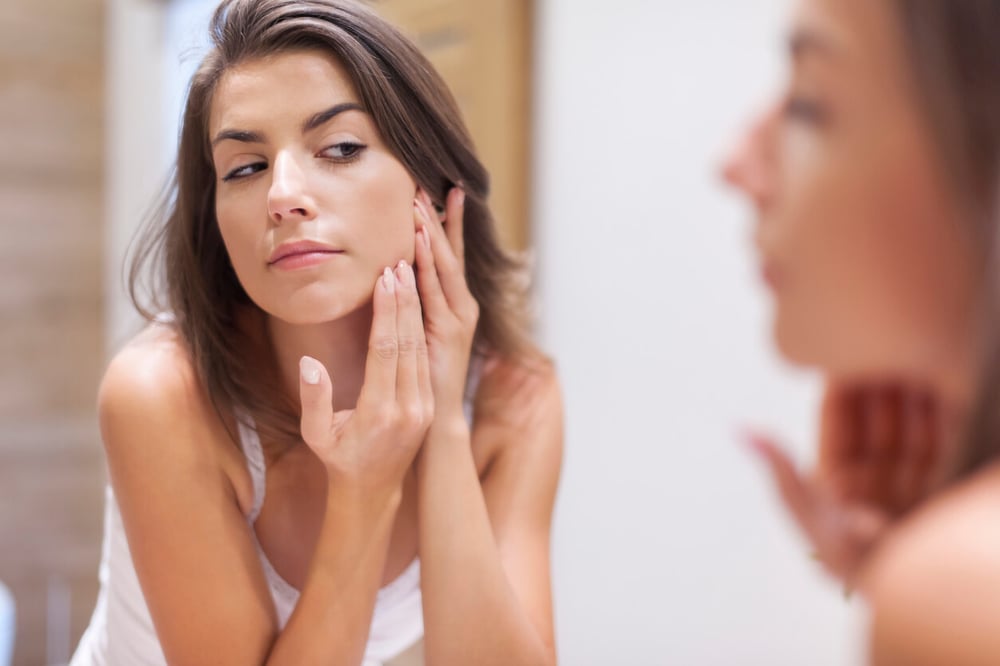
.jpg?width=2125&name=iStock-658601156%20(1).jpg)
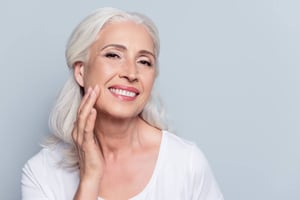
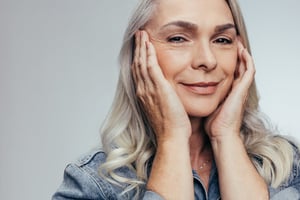
Laser Genesis will help restore your skin and have it looking youthful and glowing.

Vampire Facial Plus is a treatment used to hydrate, regenerate and repair your skin.
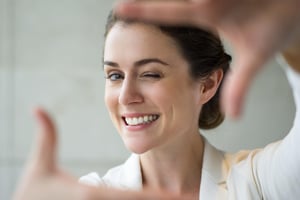
Dermapen4 is a treatment which helps renew your skin ad help skin conditions such as, skin tightening.

The Limelight IPL facial treatment is a great rejuvenation treatment which tackles many skin problems all-in-one.
